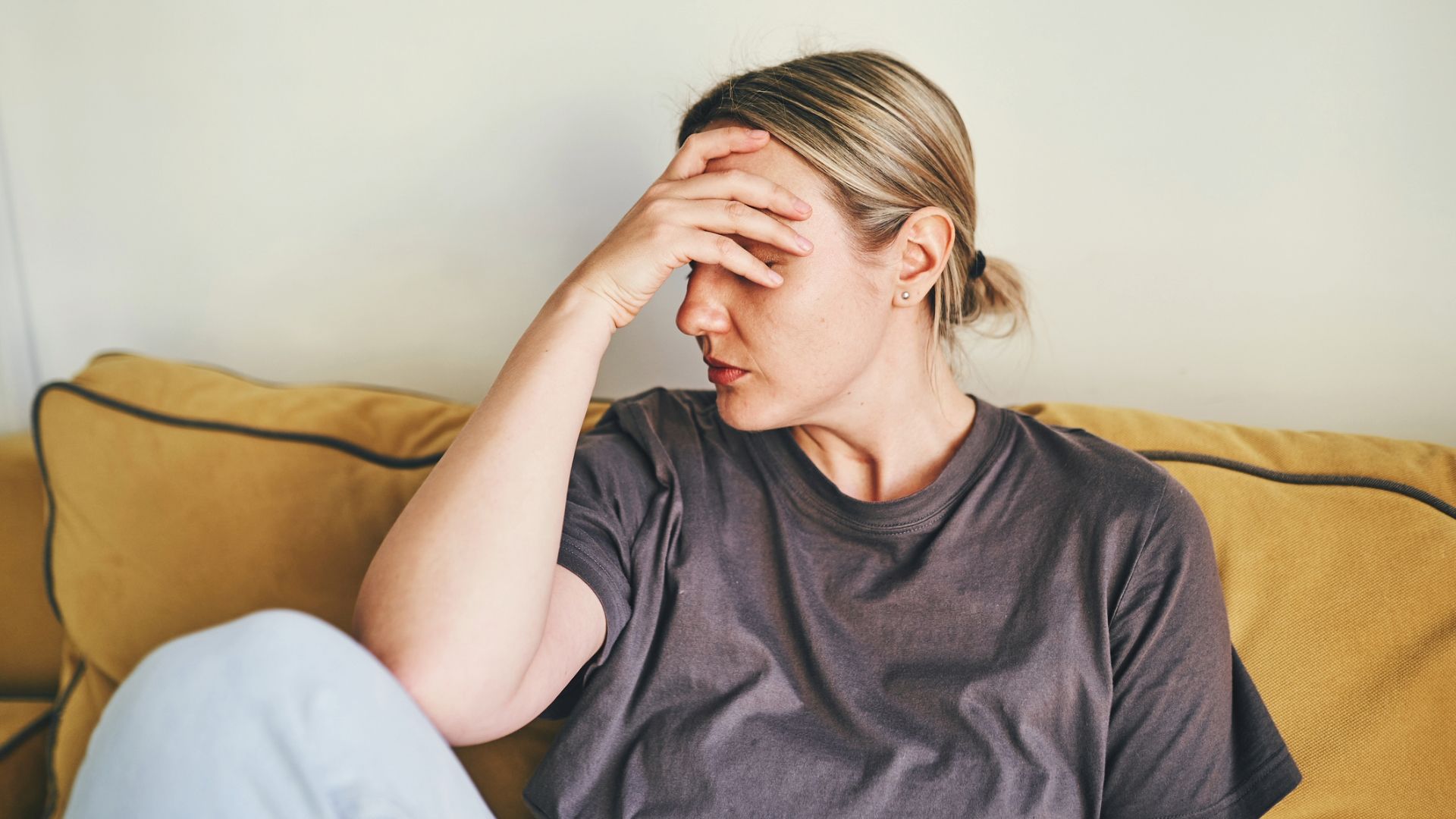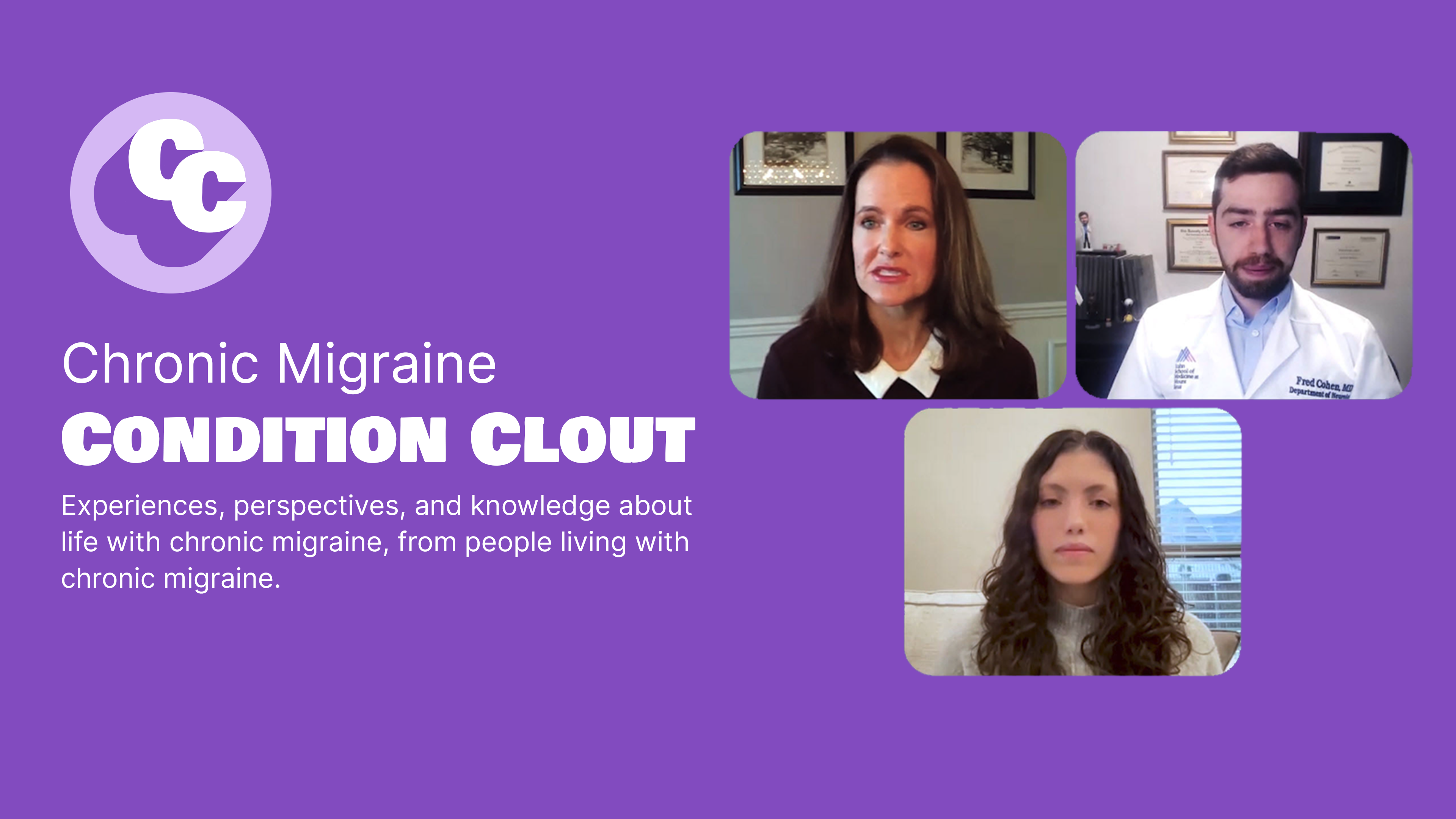As the name implies, medication overuse headache (MOH) is a secondary headache disorder that occurs as a result of overusing pain-relief medications. It affects people who have an underlying headache disorder, such as migraines, tension headaches, or post-traumatic headaches. MOH is sometimes called “rebound headache” because the headache bounces back after the pain-relieving medication wears off. These headaches tend to occur daily or near-daily.
When a person has MOH, headaches can occur more frequently and become more difficult to treat. Overusing pain-relieving medications can also cause other complications apart from headaches, including gastrointestinal bleeding, kidney damage, liver damage, and drug dependence.
Who is at risk for MOH
MOH most commonly affects people who have an existing headache condition, such as migraines, cluster headaches, or tension headaches. MOH does not typically affect people who take pain-relief medications for other conditions, unless that person also has a headache condition—for example, if someone has arthritis and is prone to experiencing migraines.
MOH is most common among people between the ages of 30 and 50, and much more common in females, with a ratio of roughly three or four female patients to every male patient. It is also associated with anxiety, depression, chronic pain, gastrointestinal issues, and metabolic syndrome. Lifestyle also plays a role—smoking, having a sedentary lifestyle, and consuming excess amounts of caffeine are other known risk factors.
Medications and dosages
Any pain medication that is taken for headache disorders can cause MOH. This includes prescription pain relief medications as well as over-the-counter pain-relief medications. Caffeine is also associated with MOH in some cases.
Different types of medications have different definitions for overuse. The American Migraine Foundation lists the following risk factors:
- Taking a simple analgesic 15 or more days a month. Examples include aspirin, acetaminophen, and ibuprofen or other NSAIDs (non-steroidal anti-inflammatory drugs).
- Taking a combination pain-relief medicine 10 or more days per month. Combination medications may include a combination of aspirin, NSAIDs, barbiturates, acetaminophen, and/or caffeine in a single pill.
- Taking triptans and ergotamines 10 or more days per month. Unlike general pain relievers, these medications work specifically for headaches and are prescribed for cluster headaches and migraines. Triptans work by stimulating serotonin. Ergotamines work by constricting blood vessels around the brain (certain blood flow patterns are associated with migraines).
- Taking opioid pain relievers more than 10 days a month. Opioids are prescription medicines used to treat severe pain. Frequent use or overuse of opioids also puts a person at risk for opioid addiction.
- Consuming more than 200mg of caffeine per day.
Keep in mind that these are guidelines, and that every person is different. If you feel that you are relying too much on pain-relievers for headaches or any other reason, it is important to discuss this with a healthcare provider.
Treatment
Treatment for MOH involves discontinuing the use of the pain-relieving medications being overused, implementing different approaches to treating the underlying headache disorder, and preventing relapse. Treatment is individualized, and will vary from one person to the next.
Discontinuing a pain-relief mediation must be done under the care and guidance of a healthcare provider, as it can involve withdrawal symptoms and, depending on the medication, a risk of serious complications. If you are experiencing MOH, overusing pain-relief medications, or experiencing recurring headaches, make an appointment with a healthcare provider.









